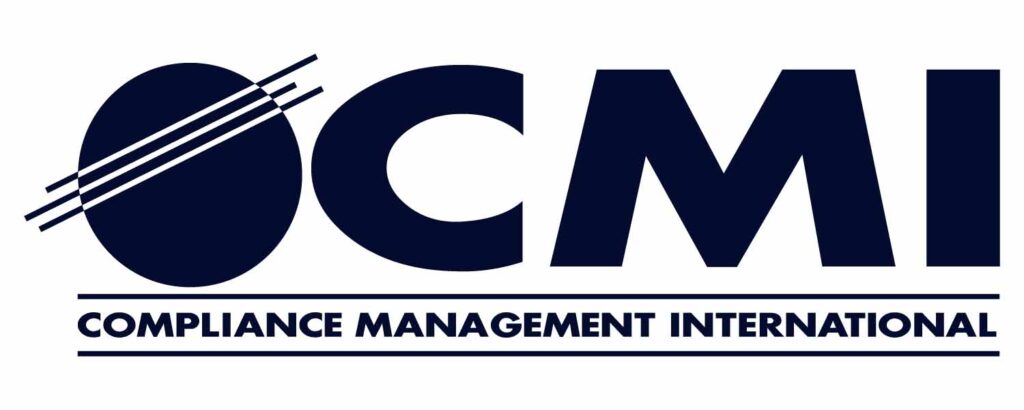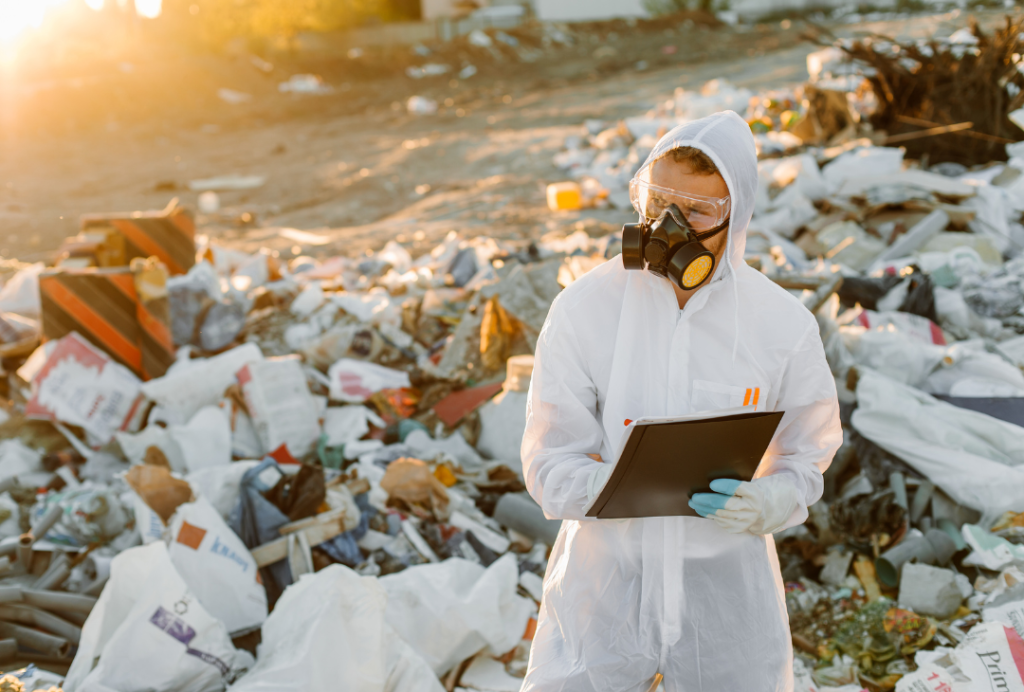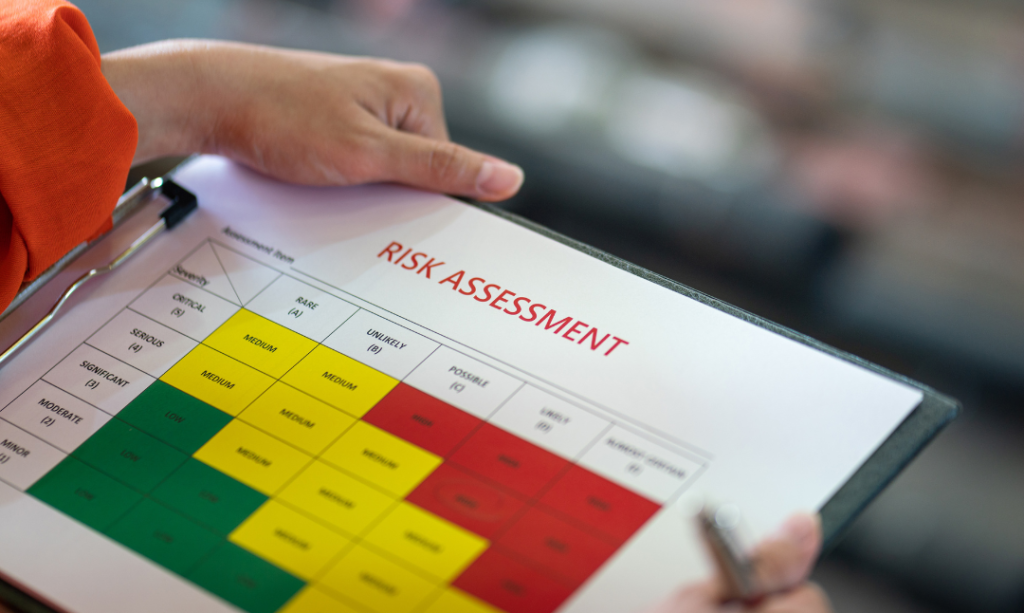The Resource Conservation and Recovery Act (RCRA) is a federal law enacted in 1976 to regulate hazardous waste management from generation to final disposal. RCRA aims to protect human health and the environment from the potential hazards of improper waste management. However, despite its stringent regulations, violations of RCRA are not uncommon. Understanding the most prevalent violations can help businesses and individuals ensure compliance and avoid penalties.
- Improper Storage of Hazardous Waste: One of the most common violations of RCRA involves the improper storage of hazardous waste. RCRA sets forth specific requirements for the storage of hazardous waste, including the use of proper containers, labeling, and storage practices. Violations may occur when businesses fail to properly label containers, store waste in deteriorating containers, or exceed storage time limits without obtaining proper permits.
- Failure to Properly Dispose of Hazardous Waste: Another significant violation under RCRA is the improper disposal of hazardous waste. RCRA mandates that hazardous waste must be disposed of in approved facilities that meet certain environmental standards. Violations occur when businesses illegally dump waste into landfills, pour hazardous substances down drains, or dispose of waste in unauthorized areas such as vacant lots or bodies of water.
- Lack of Proper Training and Documentation: RCRA requires businesses that handle hazardous waste to provide adequate training to employees and maintain detailed records of waste management activities. Violations often occur when businesses fail to provide comprehensive training on waste handling procedures or neglect to keep accurate records of waste generation, transportation, and disposal.
Violations of RCRA can result in significant penalties, including fines, injunctions, and even criminal charges in cases of egregious violations. In addition, businesses found in violation of RCRA may be required to clean up contaminated sites and take corrective actions to prevent future violations. Repeat offenders may face more severe penalties, including the suspension or revocation of permits and the closure of facilities.
Compliance with RCRA is essential for businesses that handle hazardous waste to protect human health, the environment and the company’s reputation. Understanding the most common violations of RCRA and taking proactive steps to ensure compliance can help businesses avoid costly penalties and legal consequences. By implementing proper waste management practices, providing thorough employee training, and maintaining accurate records, businesses can minimize the risk of RCRA violations and contribute to a safer and more sustainable environment.
Written by: Kristian Witt



